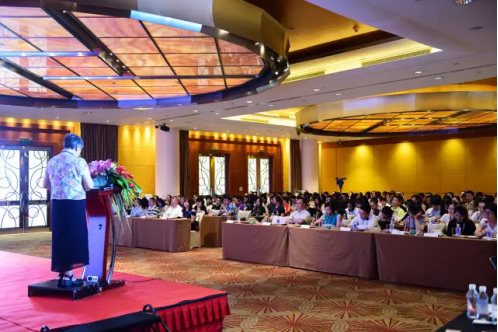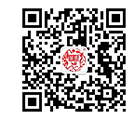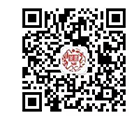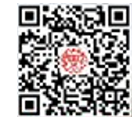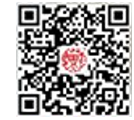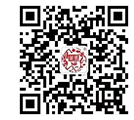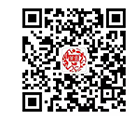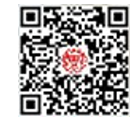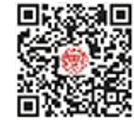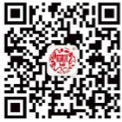Grouphorse in the News
Grouphorse Global Translation and Interpreting Summit 2017 opens in Shanghai
Updated:July 16, 2017Grouphorse Global Translation and Interpreting Summit 2017 opened on July 16 at the Westin Bund Center, Shanghai.
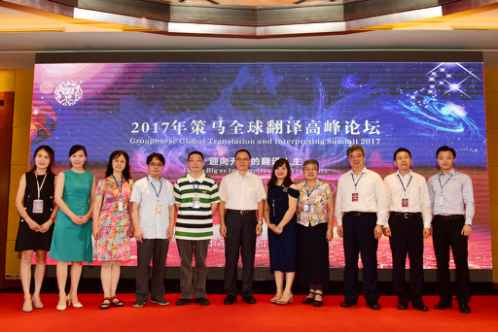
Themed “Living Big as Interpreters and Translators”, the summit was attended by translation and interpreting experts from the UN, China’s Ministry of Foreign Affairs, the Translators Association of China (TAC) and many top-notch universities worldwide and more than 200 translation and interpreting learners.
Hosted by Grouphorse Group, the summit sought to facilitate exchanges, improve the ecosystem and build connections in the industry. It was flooded with thought-provoking ideas that helped break the bottleneck in the industry and explored the future for translators and interpreters.
This high-end summit that pooled together insights was the first major summit exclusively launched by Grouphorse after it became a member of the UN Global Compact and a Level-1 UN vendor for language services. Also, Grouphorse launched the Global Translation and Interpreting Summit in 2015 and 2016 and the National Translation and Interpreting Summit in 2015.
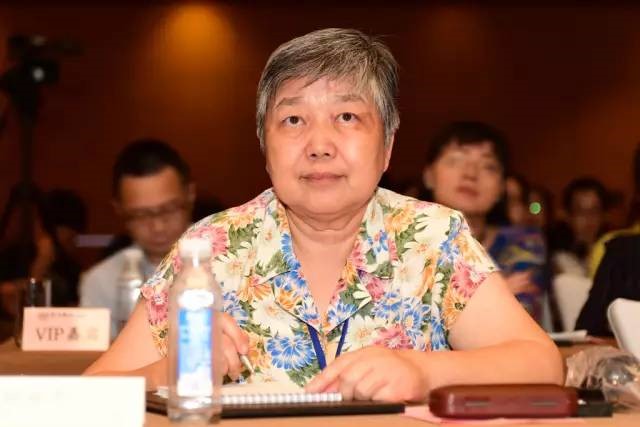
Grouphorse Senior Advisor Xu Yanan, former director-general of the Department of Translation and Interpretation at Ministry of Foreign Affairs, former chief of the Chinese Translation Service of the Documentation Division of the Department for General Assembly and Conference Management (DGACM) at the United Nations, former ambassador to the Republic of Trinidad and Tobago and a council member of the UN Association of China.
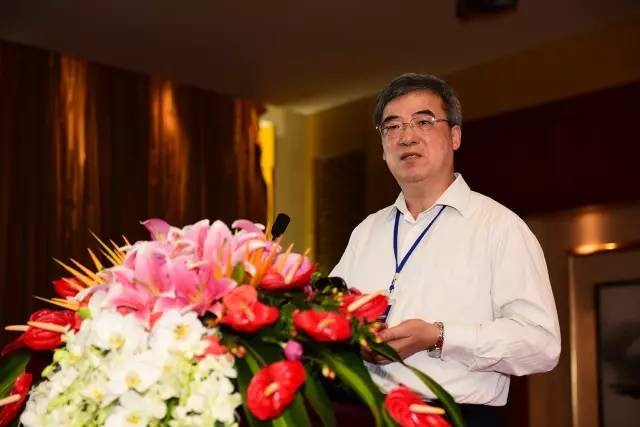
Mei Deming, professor and doctoral supervisor at Shanghai International Studies University and a member of the English Experts Committee of China Accreditation Test for Translators and Interpreters (CATTI).
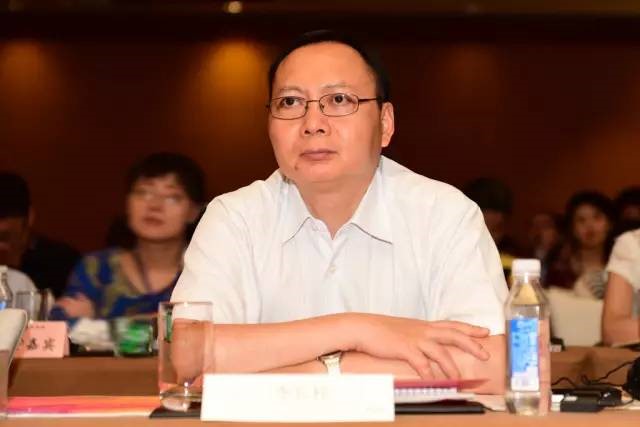
Li Changshuan, vice dean of the Graduate School of Translation and Interpretation (GSTI) at Beijing Foreign Studies University (BFSU).
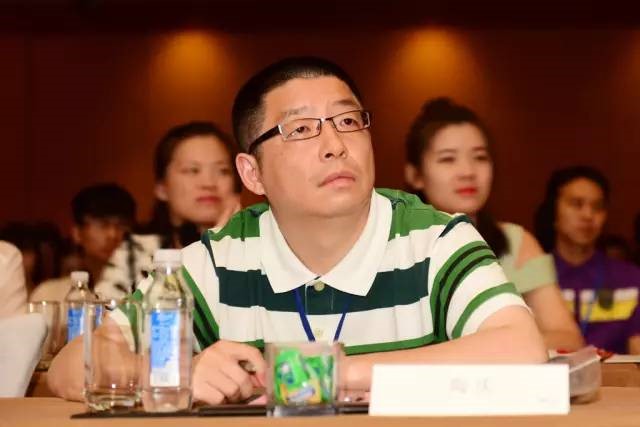
Tao Qing, head of the Department of Translation and Interpreting and vice dean of the School of Foreign Languages at Shanghai Jiao Tong University.
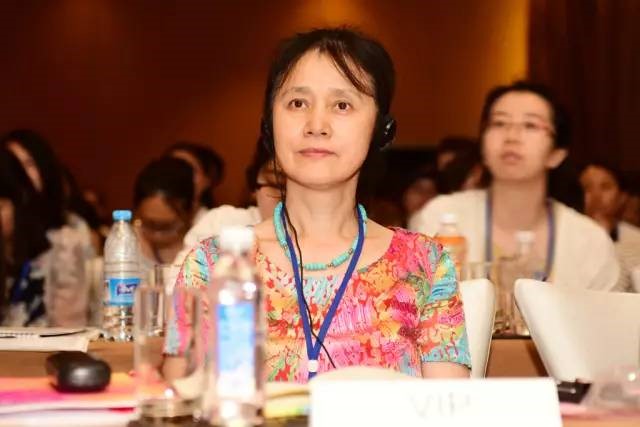
Dou Weilin, head of the Department of Translation and Interpretation of the School of Foreign Languages at East China Normal University.
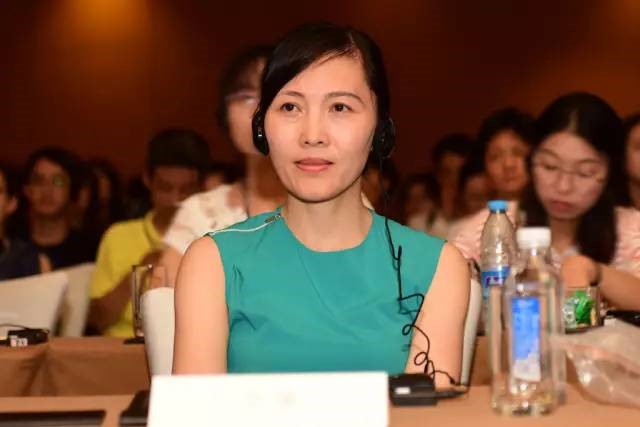
Zhang Xi, head of the Department of English Studies of the College of Foreign Language and postgraduate supervisor at Donghua University, and visiting scholar at the University of Florida.
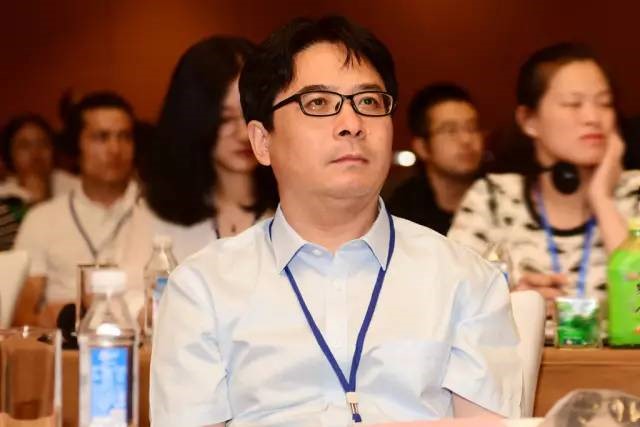
Guan Xinchao, associate professor and postgraduate supervisor at the School of Foreign Languages at Shanghai Jiao Tong University.
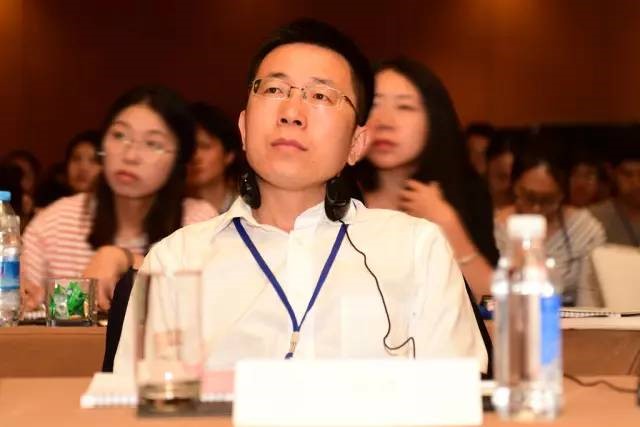
Wang Yanqiang, postgraduate supervisor at the College of Foreign Languages and Literature at Fudan University and a visiting scholar at the Middlebury Institute of International Studies at Monterey.
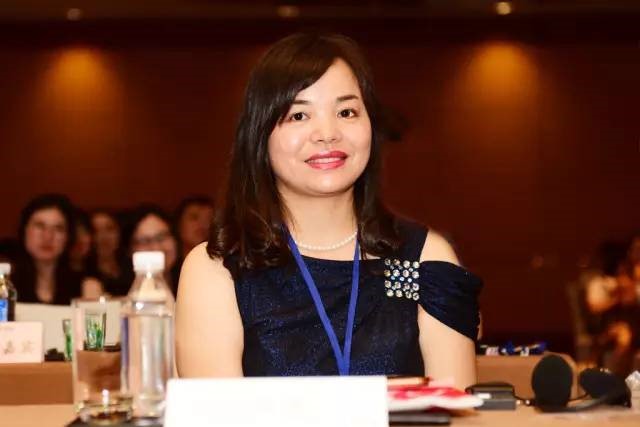
Zhang Li, manager of Shanghai Grouphorse Translations Company.
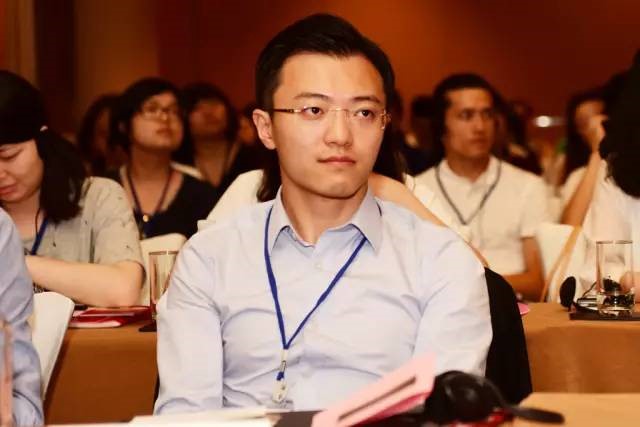
Zhou Jingqi, assistant to Grouphorse President and general manager of Grouphorse’s Center for Translation and Interpreting (CTI).
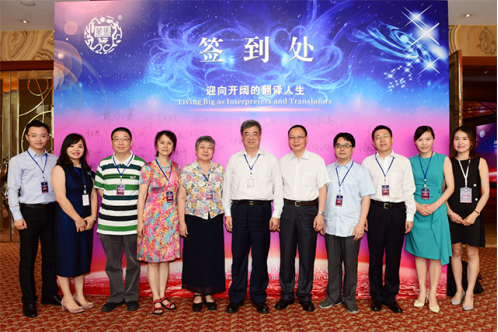
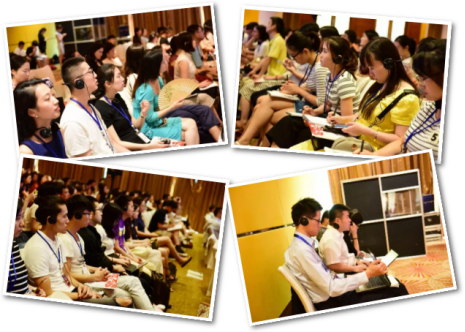
The summit was hosted by Zhong Mingxiu, who is a full-time senior simultaneous interpreter at Grouphorse Group, an exclusive interpreting trainer at Grouphorse’s Cema Translators Training Institute and a chief interpreter at the Sino-Australasian Entrepreneurs Summit.
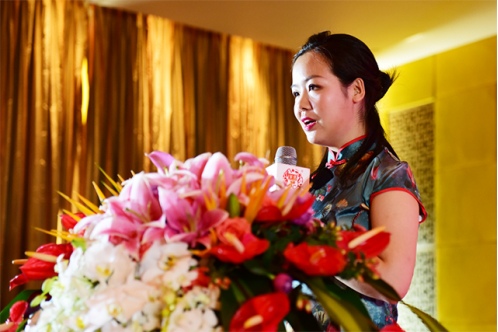
Zhong Mingxiu hosts the summit
Grouphorse selected exceptional simultaneous interpreters to provide quality simultaneous interpreting services and volunteers to provide conference services at the summit.

Interpreters

Volunteers
Keynote Speeches
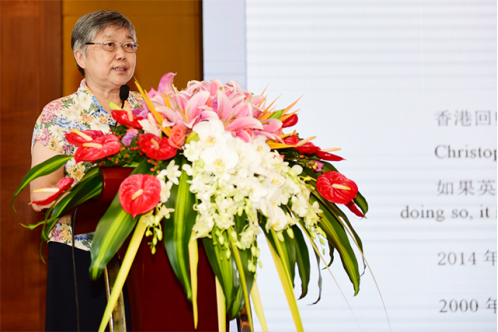
Xu Yanan
Grouphorse Senior Advisor Xu Yanan who is also a council member of the UN Association of China and the executive director of the TAC, delivered a very enlightening keynote speech titled “Living big as interpreters and translators”, where she dicussed her translation experience and systematically elaborated on how to fully capture the essence of the context and how to build political awareness, an all-round knowledge system and the skills needed for foreign affairs translation and interpretation.
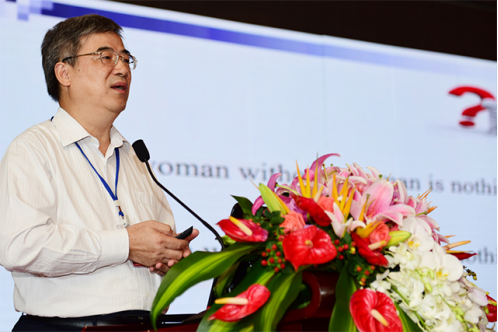
Mei![]() Deming
Deming
In the keynote speech titled “The philosophic and methodological guide to masterful translation”, Mei Deming said that a serious thinker makes an excellent translator, so it’s very important for a translator to understand the meaning of the text first before jumping into translation.
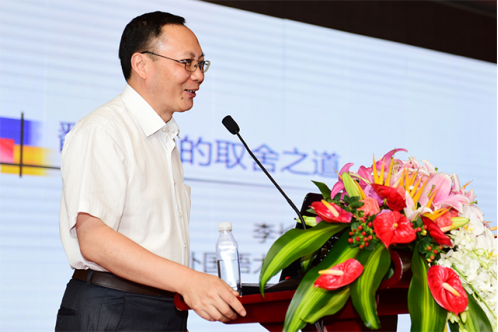
Li Changshuan
In the keynote speech titled “Translation techniques: amplification and omission”, Li Changshuan who has been translating for decades offered his take on how translators must grasp the meaning of the text even better than its original author, and know when to add or leave out some information to make a translation more understandable.
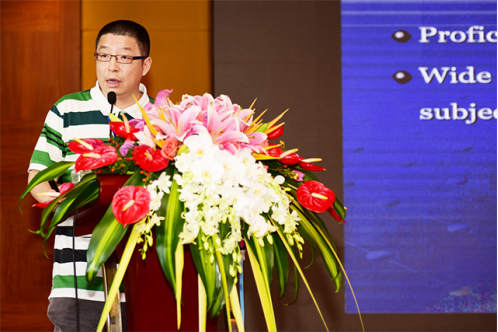
Tao Qing
In the keynote speech titled “Master of Translation and Interpreting education and the quality of professional translators and interpreters”, Tao Qing called for new teaching methods aimed at helping translators and interpreters become professionals with a wide range of knowledge and develop solid listening, speaking, reading, writing and translating skills. He said that it is important for translators and interpreters to have a good command of both the source language and target language so that they can bridge cultural gaps.
Brainstorming
Session I: Market-oriented translation training

From left to right: Li Changshuan, Xu Yanan, Zhong Mingxiu, Guan Xinchao and Zhou Jingqi

The guests stressed that having a wide range of knowledge is just as important as translation/interpreting theories and techniques, because both translation and interpretation is a cross-cultural communication process. One word might have different meanings in different cultures, which is why translators and interpreters need to learn as much as possible about different cultures and disciplines, so as to broaden their perspectives and help them to translate and interpret better.
Li Changshuan mentioned that he has incorporated reflective thinking into his day-to-day teaching and sometimes puts more emphasis on translation quality than efficiency. He will have students translate no more than 1,000 words over the course of two weeks, but also require them to write down clearly why they translated the way that they did. In this way, they can seriously think about the translation and internalize techniques.
Xu Yanan mentioned that in addition to having a good command of the target language, one has to be politically conscious when translating UN documents, where many countries are involved and translation mistakes might result in huge misunderstandings or even conflicts among countries.
The CTI at Grouphorse plans to pool resources together to nurture the professional growth of translators who work UN documents, and work with others to fuel the growth of the industry in China.
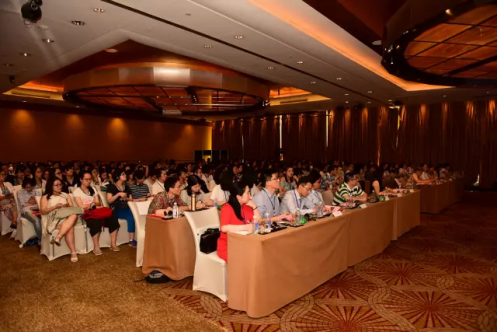
The summit
Session II: Key steps on the way of becoming a professional interpreter

From left to right: Mei Deming, Tao Qing, Zhong Mingxiu, Wang Yanqiang and Zhang Xi.

In the second session, the guests said that interpreters have to be bold yet cautious when kicking off their careers. It is better for them to be guided by a teacher at the beginning, or they probably would feel like quitting because the interpreting tasks they obtain by themselves sometimes could be too challenging. But by constantly improving their interpreting skills, they can handle more and more interpreting tasks of all kinds.
As for the artificial intelligence (AI), guests agreed that the industry needs to embrace new technologies and AI is present in many fields besides translation and interpretation. The last thing interpreters and translators should do is stop learning out of fear of losing jobs to AI, because in that case they would be crowded out by better peers rather than AI.
They agreed that AI translation still is “simple-minded” and often cannot fully understand the connotation of words like human translators can . Translation is not simple and mechanical work that can be easily performed by AI.

The summit

